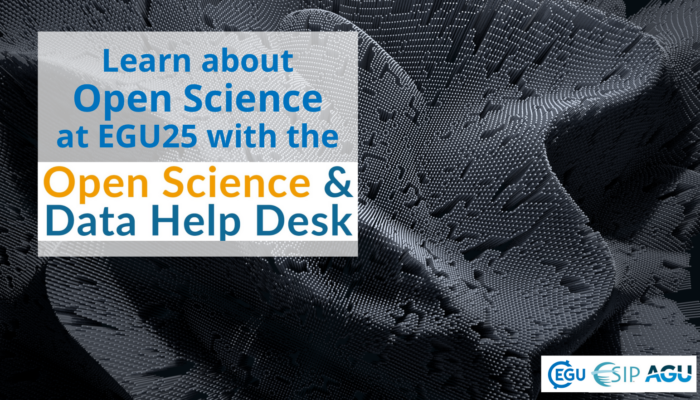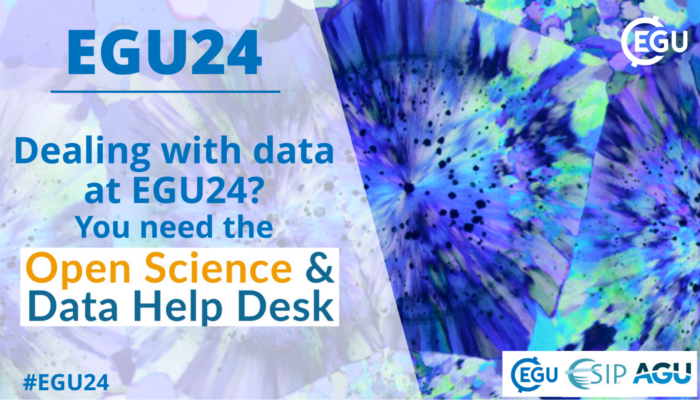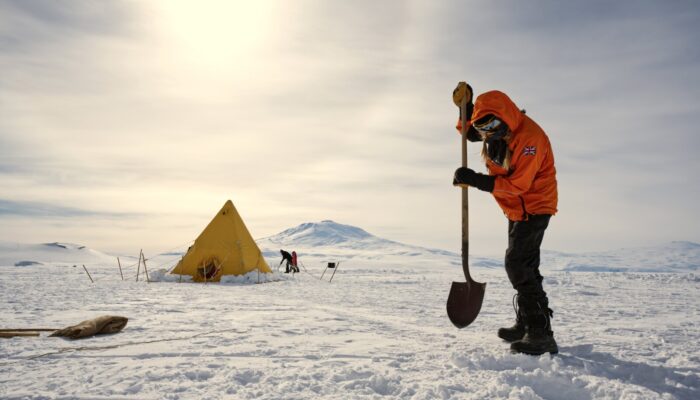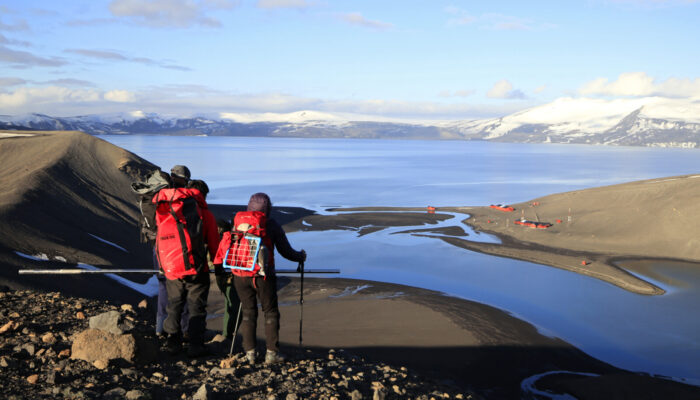Trusted data propels trusted science. From crafting data management plans to using software, Earth scientists can create change that makes research more accessible and reproducible. The Open Science & Data Help Desk connects Earth science researchers and data experts – bring your questions and join us at EGU25 in the Exhibition Hall X2 at #X208! The Open Science & Data Help Desk features ...[Read More]
Dealing with data at EGU24? You need the Open Science and Data Help Desk!
Have you already encountered data questions such as: What data should I archive? What is FAIR? How do I write a good data management plan? or What does Open Science mean in practice? The Open Science & Data Help Desk is here for you at EGU24 in the Exhibition Hall X2 at #X212 and online! The Open Science & Data Help Desk features resources that can help researchers make their data and soft ...[Read More]
Three peer review myths debunked by the First EGU Peer Review Training
In 2023, EGU offered Peer Review Training for the first time, over three virtual sessions in September and October 2023, with a little homework in between. With more than 100 applications, from which we chose 57, mostly Early Career Scientists (ECS) to fill the available places, the desire for this kind of training in the EGU community was clear. About 80% of the participants completed the trainin ...[Read More]
Learning from EGU’s first Peer Review Training: In conversation with Kifle Aregahegn
For the first time, EGU organized a Peer Review Training in September and October this year. It was attended by 50 participants, most of whom were early career scientists with little to no background in the peer review process. The training comprised three online sessions and an at-home exercise of reviewing real manuscripts. And of course, with feedback being key in such trainings, all participan ...[Read More]




